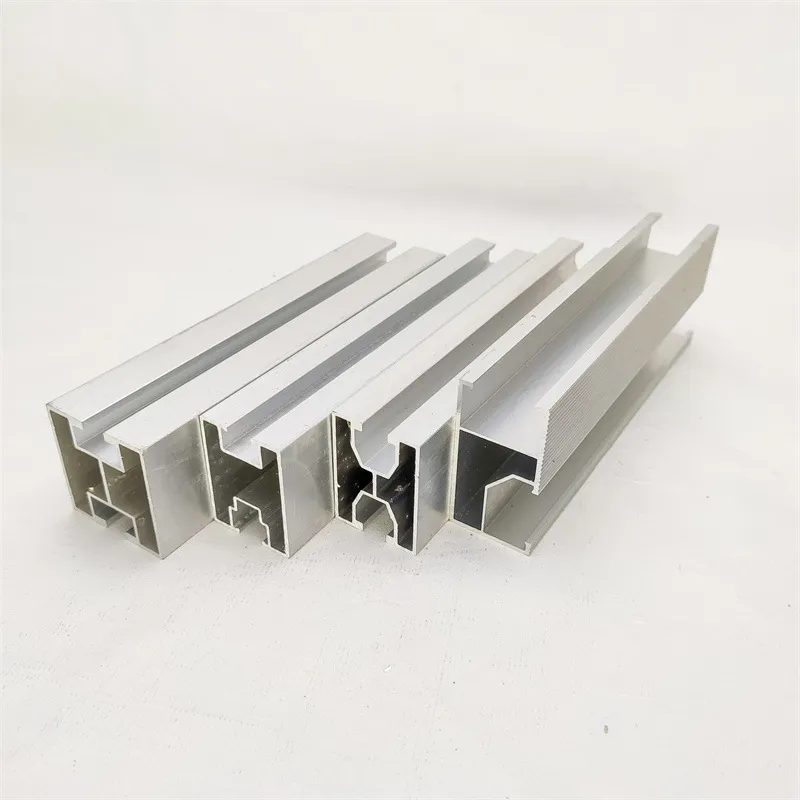

Self-Drilling Metal Screws for Efficient and Durable Fastening Solutions in Various Applications
Dec . 01, 2024 09:41 Back to list
Self-Drilling Metal Screws for Efficient and Durable Fastening Solutions in Various Applications
Understanding Metal Screws for Self-Drilling Applications
When it comes to construction and manufacturing, the importance of the right fasteners cannot be overstated. Among the various types of fasteners available, metal screws designed for self-drilling applications are essential tools that offer both convenience and efficiency. In this article, we will delve into what self-drilling screws are, their composition, uses, and advantages, with a particular focus on the intricacies involved in selecting the appropriate metal screws for different applications.
What Are Self-Drilling Screws?
Self-drilling screws, often referred to as Tek screws, feature a drill-shaped point that eliminates the need for a pre-drilled hole. This design allows users to drive the screw directly into the material using a power screwdriver or drill. The cutting threads on the screw body create a hole as it is driven in, making installation fast and straightforward. This feature makes self-drilling screws particularly advantageous in metal-to-metal and metal-to-wood applications where speed and accuracy are crucial.
Composition and Material
The performance of self-drilling screws largely depends on the materials they are made of. Most metal screws are crafted from high-strength steel or stainless steel, which offers excellent durability and corrosion resistance. The choice of material significantly impacts the screw's performance in various environmental conditions. For outdoor applications, screws coated with materials like zinc or epoxy are commonly used to enhance their resistance to rust and corrosion.
Another critical aspect of their composition is the screw's thread design and point geometry. The thread needs to be compatible with the materials being fastened to ensure a strong hold. For instance, finer threads are preferred for softer materials, while aggressive threads work better with harder materials.
Uses of Metal Self-Drilling Screws
Metal self-drilling screws find applications across various sectors, including
1. Construction These screws are widely used in residential and commercial building projects, particularly in metal framing, where they secure sheets of metal to metal studs or to aluminum and steel brackets.
2. HVAC Systems Self-drilling screws are integral in assembling ductwork, as they streamline the installation process.
metal screws self drilling

4. General Repairs and Maintenance Homeowners and professionals alike often choose self-drilling screws for repair projects due to their ease of use.
Advantages of Self-Drilling Screws
One of the most significant advantages of self-drilling screws is their installation speed. Without the need for pre-drilling, contractors can significantly reduce labor time, allowing them to complete projects more efficiently. This efficiency is particularly beneficial in large-scale construction where thousands of screws may be required.
Moreover, self-drilling screws provide a secure connection that can withstand the rigors of various applications. Their strong hold reduces the risk of loosening over time, which is crucial in dynamic environments where movement and vibration are constant.
Cost-effectiveness is another aspect that makes metal self-drilling screws appealing. While they may have a slightly higher upfront cost than regular wood screws or plain metal screws, the savings in labor and potential rework make them a smart investment in the long run.
Selecting the Right Metal Self-Drilling Screw
Choosing the right self-drilling screw involves considering several factors
1. Material Compatibility Always ensure the screw material is compatible with the materials being joined.
2. Screw Length The length of the screw should accommodate the thickness of the materials to be fastened.
3. Coating Select the appropriate coating based on the environment. For outdoor projects, consider screws with extra corrosion protection.
4. Thread Type Depending on the materials used, select the screw with the appropriate thread design to ensure maximum holding strength.
In conclusion, metal self-drilling screws are indispensable components in modern construction and manufacturing. Their innovative design simplifies the fastening process, enhances efficiency, and provides robust solutions for a wide range of applications. By understanding their characteristics and carefully selecting the appropriate fasteners, professionals can ensure optimal performance and reliability in their projects. Whether you're a contractor or a DIY enthusiast, incorporating self-drilling screws into your toolkit will undoubtedly elevate your work.
Latest news
-
Hot Dip Galvanized Bolts-About LongZe|High Strength, Corrosion Resistance
NewsJul.30,2025
-
High-Strength Hot Dip Galvanized Bolts - Hebei Longze | Corrosion Resistance, Customization
NewsJul.30,2025
-
Hot Dip Galvanized Bolts-Hebei Longze|Corrosion Resistance&High Strength
NewsJul.30,2025
-
High-Strength Hot-Dip Galvanized Bolts-Hebei Longze|Corrosion Resistance&High Strength
NewsJul.30,2025
-
Hot Dip Galvanized Bolts-Hebei Longze|Corrosion Resistance&High Strength
NewsJul.30,2025
-
Hot Dip Galvanized Bolts - Hebei Longze | Corrosion Resistance, High Strength
NewsJul.30,2025

